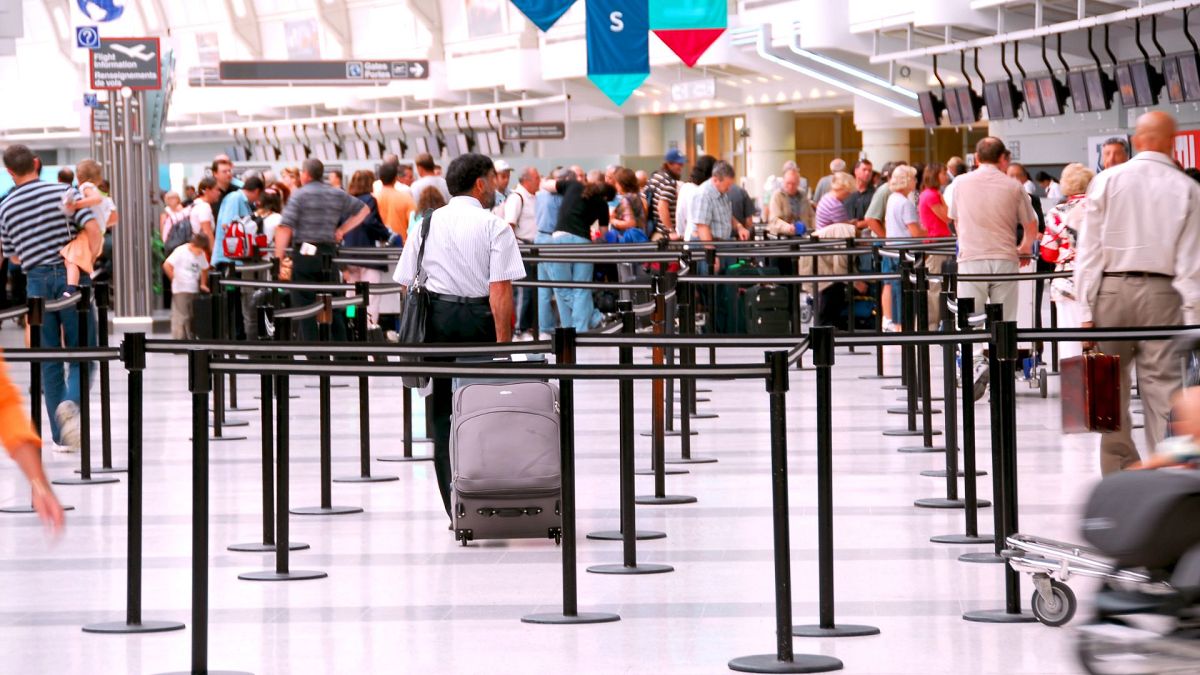Few rituals are as sacred to Aussies as the coffee run.
Whether you’re ducking into your work’s cafe before tackling the 9-5 grind or taking a quick break with colleagues for a 3 p.m. pick-me-up.
Yet, why, for something so central to our daily lives, do we never quite know how to handle that awkward little negotiation with friends about who pays?
In an era where every dollar counts, how should we deal with the humble coffee buy?
There are three main approaches:
1. Spot your friend and expect nothing in return. This is the classic act of generosity, and considering coffees are around $5-$6, many believe it’s a small price to pay to avoid having to talk about it.
2. Take turns paying. This method depends a lot on trust and works best when you catch up regularly and know it’ll balance out over time
3. Just pay for your own coffee. No fuss, no tracking, no IOUs – just pay for your own and move on.
A recent TikTok has blown this debate wide open.
The short clip, which has over 8.8 million views, shows a woman in her 20s sitting in a cafe sipping an iced latte: “I don’t know what friend gave you PTSD but you do not have to pay me back for a coffee”.
Clearly striking a chord, thousands of cafe-goers commented to share their thoughts.
Some believed keeping tabs was essential. “You ALWAYS have to pay back,” insisted one.
“It’s not even about friends giving you PTSD. It’s financial PTSD from parents,” added another, touching on the fact that money anxiety can stem from a person’s upbringing.
Others agreed with the poster, but with some exceptions.
“Yes, until they start to take advantage,” said one.
“It’s all fun and games until every time you go out, you’re the one paying,” another commented.
Many, however, echoed her selfless approach.
“The whole point is DO NOT give with the expectation of reciprocity,” said one.
“If someone owes me under $10, I wouldn’t ask for it,” said another. “It doesn’t even count”.
The video was shared by a content creator in London, making me wonder what people think about this issue in Australia, where coffee prices have risen 37 percent from pre-pandemic levels and now average $3.63 USD.
So, I conducted some very serious, peer-reviewed research by polling my Instagram followers.
Out of 80 responses, 23 percent said ‘I shout [buy], no need to pay back,’ 61 percent said ‘We take turns,’ and 15 percent said ‘We pay for our own’.
Less than one per cent responded ‘Other,’ and that person explained their simple rule: “Whoever is closest to the register pays”.
To add a touch more credibility, I consulted an etiquette expert – the only one in the world with a Master’s thesis on modern manners – no less.
Jo Hayes, founder of EtiquetteExpert.org, told news.com.au that for a simple coffee, it’s actually best to shout.
“As a general rule, if it’s just a coffee, no extras like brunch or snacks, one of the duo should shout [pay] the other,” she said.
“This small gesture of kindness doesn’t break the bank but fosters friendship, kindness, and goodwill.”
She also mentioned that if you’re both ordering at the same counter, most reasonable folk agree it’s “a bit tight” for both to pay for a coffee separately.
The key to pulling off this move in a classy way, as many commenters suggested, is expecting nothing in return.
“This is what gifting is,” she added.
A simple, discreet “I’ve got it,” with a friendly smile, is the best way to handle it.
“Don’t make a big deal of it, and quickly switch the topic,” she advised.
“One doesn’t want to dwell on money talk longer than necessary.”
She also noted that with regular coffee catchups, you should take turns paying.
“Most of us remember who paid last time and, wanting to show mutual generosity, step up to offer the shout [buy],” she explained.
If you notice you’re always covering your friend’s coffee and they never reciprocate, Hayes warns this is a serious breach of etiquette.
“I would reconsider that friendship,” she said. “Such stinginess raises questions about their character and shows a lack of social courtesy”.
If that feels too harsh, try subtle cues next time, like hanging back when it’s time to pay or letting them order first.
She reminds us that a golden rule applies here, and in all areas of life: “We reap what we sow”.
If we’re generous, we’ll see generosity return, if we’re stingy, that’s what we’ll get back.
Continue the conversation, follow me on Instagram @el_katelaris













